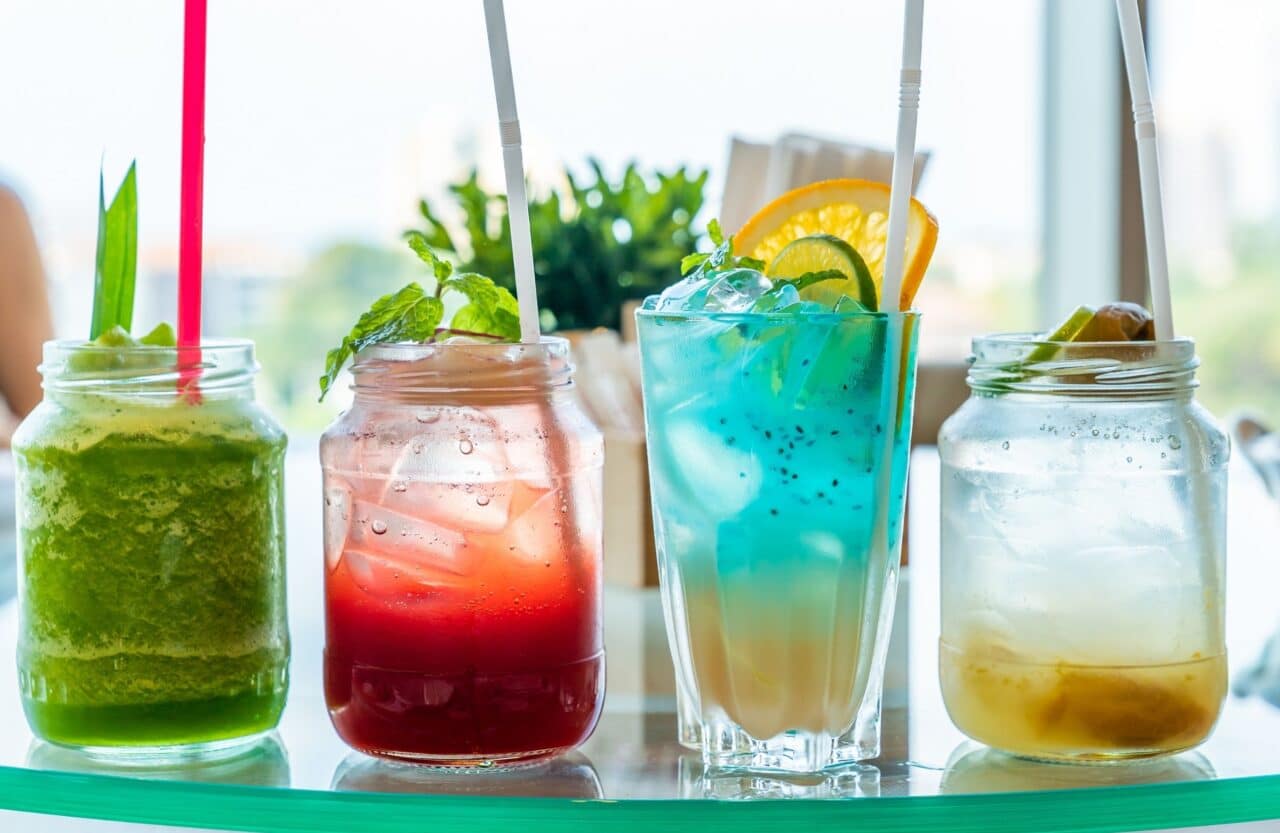Can a recovering alcoholic have a nonalcoholic beer? Are mocktails OK in recovery?
In many cultures, alcohol is as much a social activity as a beverage, making these common questions for people in recovery and their support systems.
Most people drink alcohol because they like how it makes them feel physically or socially. Some people truly enjoy the taste of beer or wine. Mixing cocktails and trying unique types of beer or liquor are popular hobbies. Could nonalcoholic beer, or beverages, made with nonalcoholic spirits be a safe alternative for those in recovery who want to continue to join in on the fun?
The Positives
Having a crafted alcohol-free cocktail or nonalcoholic beer could be an option that allows people in recovery to feel included at social events where alcohol is served. In early recovery, feelings of isolation are common, and the fear of being excluded or seen as different could contribute to a slip or relapse. Sampling different nonalcoholic beers or the latest mocktail could create opportunities to connect with friends who drink, demonstrating that eliminating alcohol doesn’t remove the fun or dampen the party atmosphere.
In fact, any person looking to reduce their alcohol consumption and lead a sober lifestyle might opt for a nonalcoholic beer or mocktail.
The advent of health-focused challenges such as Dry January or Sober October has contributed to a growth in the popularity of nonalcoholic beverages. New and increasingly inventive choices are hitting the market, providing options that appeal to those who like the taste of various liquors or beer and those who enjoy an eye-catching “Instagram-worthy” drink. Mocktail recipes and how-to videos often trend on social media, too.
The Risks
Nonalcoholic beverages are not necessarily risk-free for recovering alcoholics despite being an attractive option. Many “nonalcoholic” beers and spirits still contain trace amounts of alcohol. Some alcohol will be released in the fermentation process, even if it’s largely removed. In the United States, manufacturers can label their beer as alcohol-free as long as it is under 0.5% ABV. Clearly, this is a minuscule amount of alcohol, and a person will not become intoxicated from one or two nonalcoholic drinks. Believe it or not, even some everyday foods like bananas and hamburger buns contain similar trace amounts of alcohol.
The bigger risk in drinking nonalcoholic beverages is not that trace amount but its potential to be a trigger. Some people in recovery may be at risk for relapse due to the concept of “near beer” or artificial spirits. They taste and look like the real thing, which psychologically could be dangerous for a person who misses that taste and the act of binge drinking. It could lead to a slippery slope that ultimately turns to excessively drinking the real thing.
The nonprofit recovery organization, the Stout Street Foundation, states, “Tasting beer can trigger euphoric recall, which is the memories of the good times of drinking. For an addict or alcoholic, part of the disease is having difficulty remembering or acknowledging all of the negative consequences of active addiction.”
Suppose a person in recovery has the urge to have a stronger drink after consuming a nonalcoholic beer. In that case, they should immediately take note of this and stop.
Are Nonalcoholic Beverages OK to Have in Recovery?
Ultimately, those in recovery must rely on their own decision-making skills when choosing whether to drink nonalcoholic beverages. The decision is a personal one. People who want to enjoy the taste or atmosphere and know their limits might enjoy a mocktail during recovery. Others may know they will feel triggered by the taste of “near beer” and should avoid it.
No matter what a person’s viewpoint is on nonalcoholic drinks, it’s critical to identify their triggers. Confidence in navigating social situations as a person in recovery is also important. On the one hand, indulging in a nonalcoholic drink can help a person avoid questions like, “Why aren’t you drinking?” and can help them feel included. On the other, it’s important to also take inventory of their social circle if they feel negative peer pressure about their drinking. Ultimately, if a person’s friend group is still regularly engage in binge drinking around them, nonalcoholic beverages only marginally minimize the pressure to drink.
Things to Consider
Here are a few tips if you are considering trying nonalcoholic beverages:
- Track Your Triggers
Take note of your triggers. There are both internal and external drinking triggers. If nonalcoholic beer is an external trigger for you, make a note for your therapist or sponsor. You should also note any internal psychological triggers you experience when consuming any beverage.
- Avoid high-risk situations
If you can help it, avoid situations where you know people will be drinking more than socially but excessively. By avoiding the trigger entirely, you won’t feel pressured to drink.
- Plan Ahead
In our alcohol-centric culture, it’s not always possible to avoid situations where people drink. Recognize that you may feel a trigger and practice your response in advance. Be prepared to say no and exit a situation that makes you uncomfortable.
- Talk it Through
Try talking through your thoughts on nonalcoholic beverages with your sponsor, who understands your feelings. Your sponsor can offer their insights and an outside perspective to help you see where you are in your recovery. If talking about the subject makes you feel uncomfortable, you may want to avoid it completely.
- Give Yourself Permission to Leave
Maybe you planned ahead for an event knowing that people would be enjoying both alcoholic and nonalcoholic drinks. But when you arrived, it was more triggering than you expected. Allow yourself to leave gracefully and quickly. Your loved ones will understand.



